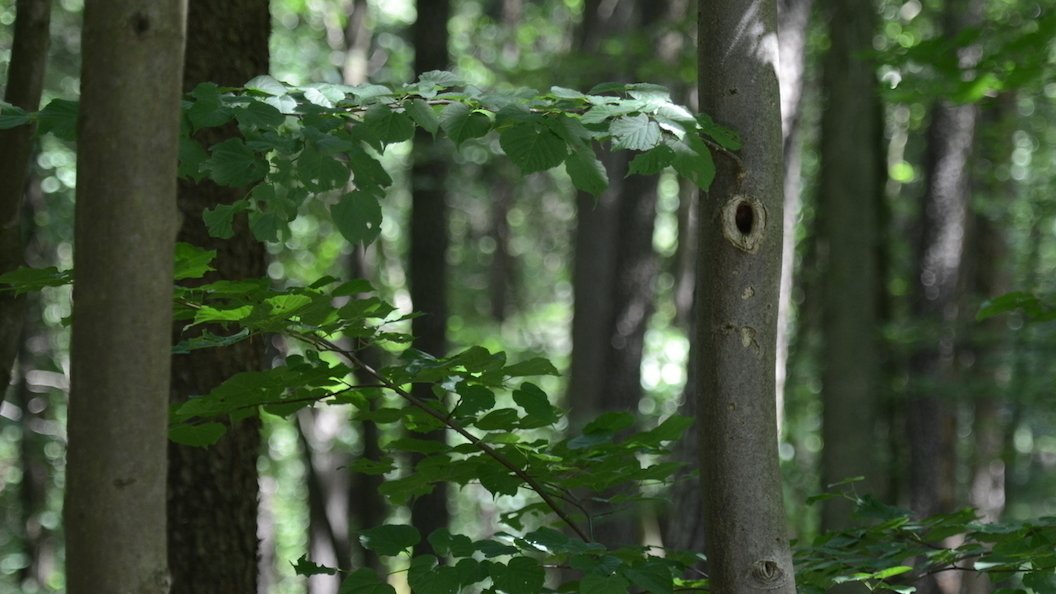Forest science, Forestry
Forest science and forestry are concerned with the forest ecosystem and its planned utilisation.

Overview of the academic discipline
Among other things, the importance of the forest for the environment is a key part of the degree programme. This includes above all the sustainable performance of the natural balance for the climate, the water balance, keeping the air clean and soil fertility, the landscape, agriculture and infrastructure.
The importance for the national economy results from the fact that a large part of Germany is covered by forest, and wood is economically important as a renewable raw material, for example for the domestic wood and paper industry. Tasks in the international arena are becoming increasingly important. Overall, forestry aims to optimise timber production on an ecological basis - while at the same time guaranteeing the protective and recreational function of the forest. The tasks of forestry experts are varied: they not only have to solve biological and ecological problems, but also need to have technical and economic understanding, legal knowledge, commercial skills and extensive knowledge of administration.
Which topics are included in the curriculum?
In the Bachelor's programme, students receive basic scientific and methodological training in forest science and resource management through modules in chemistry, biology, soil science, forest botany and zoology, dendrology (the study of trees and woody plants), climatology and forest law.
In the Master's programme, students can specialise in forest management, forest resource management, forest conservation, biodiversity, wood technology, timber management, ecosystem analysis or international forestry.
In supplementary modules, students specialise in project management, quality management or forest education.
The forestry degree programme at a university of applied sciences focuses more on practical forest management and the operational implementation of forestry measures than on tasks in the management of a forest district.
Work placements or practical semesters are common at universities and universities of applied sciences.
What are the requirements?
In-depth knowledge of the following school subjects forms a good basis for successfully partaking in this degree programme: mathematics, biology, chemistry and physics. Depending on previous school/professional training, a pre-study work placement lasting several weeks, e.g. at forestry offices or forestry companies, is usually a prerequisite at universities of applied sciences.
What study programmes are there to choose from?
The degree programmes in this area are referred to as forest sciences, forestryor urban tree and forest management. Depending on the specialisation, students tend to focus on topics of economics, environmental science or engineering. Bachelor's and Master's degree programmes are offered at universities and universities of applied sciences.
What job opportunities are there after graduation?
Graduates of forestry science and forestry traditionally work for public employers, e.g. in district foresters and forestry offices, in federal, state or local forestry administrations, in forestry directorates, forestry departments in governments and ministries, in forestry research institutes, in chambers of agriculture and in offices, authorities and institutions in the field of environmental protection, nature conservation and landscape conservation. There are also jobs in the private sector, e.g. in the timber industry and timber trade, at engineering offices and management consultancies, in large private forestry operations, at botanical gardens and nature parks or at forestry interest groups. Services such as expertises, planning or foreign activities in reforestation projects are also conceivable.
